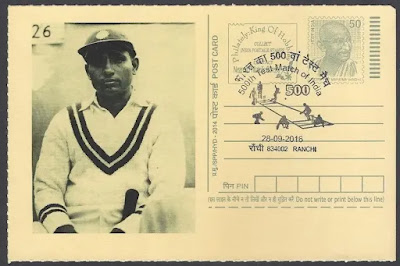Bhogaraju Pattabhi Sitaramayya (24 November 1880 – 17 December 1959) was an Indian freedom fighter and politician. He is best known for his role in the Indian independence movement and his contributions to the development of the Indian National Congress.
Sitaramayya was born on 24 November 1880 in Gundugolanu, Andhra Pradesh, India. He pursued his education in law and joined the Indian National Congress during the early stages of the freedom struggle. He actively participated in various movements and played a crucial role in mobilizing public support for the cause of independence.
One of his significant contributions was during the Non-Cooperation Movement and the Civil Disobedience Movement led by Mahatma Gandhi. Sitaramayya was also associated with the Swaraj Party, formed by leaders like Motilal Nehru and Chittaranjan Das.
In the political sphere, Sitaramayya served as the President of the Indian National Congress in 1948. His presidential tenure is notable for being a transitional period in the history of the Congress Party, as it marked the first session after India gained independence.
Bhogaraju Pattabhi Sitaramayya passed away on 17 December 1959. His contributions to the independence movement and his role in Indian politics are remembered with respect.









